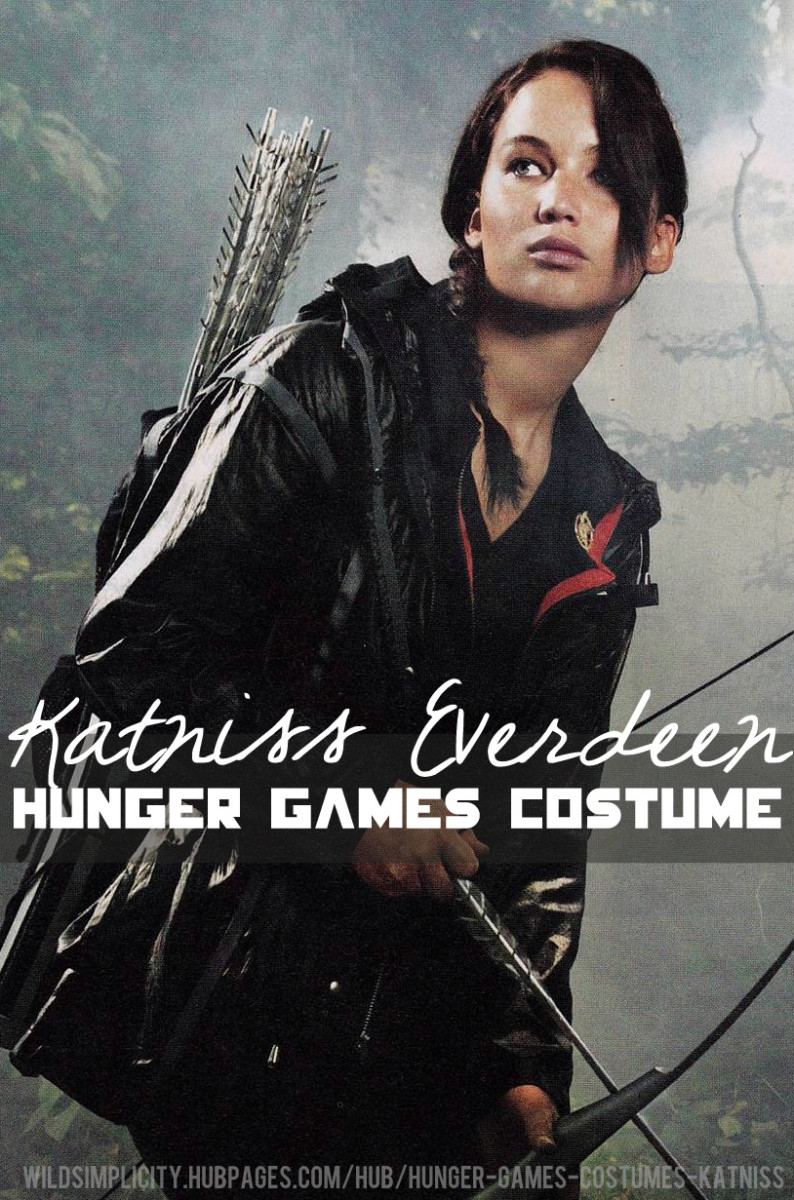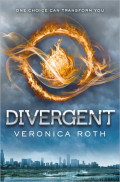- HubPages»
- Books, Literature, and Writing»
- Books & Novels»
- Books for Teens & Young Adults
The Hunger Games, pt.2: Should Kids Read this Stuff?

Books Related to Topic
When Should Kids be Exposed to Reality?
Is “The Hunger Games” appropriate for children? It’s a valid question, raising an issue often faced by parents in a country whose media puts out a wide variety of violent, sexually explicit, and/or just plain scary entertainment. But what makes the Hunger Games particularly offensive to some is that it involves children killing children, which is apparently more gruesome than mature adults hacking each other to death.
All decent parents want to shelter their young children from some of the uglier aspects of life. But we also know that a time will come when our kids must be introduced to reality. And the simple fact is that there are plenty of places in the world today where children face situations even worse than the oppressed districts in the fictional nation of Panem. Sure, there aren’t any places that I know of where children are thrown into an arena to slaughter one another on national television. But there are millions of children worldwide who are either forced or feel compelled to become soldiers, prostitutes, or manual laborers working in horrific conditions. Others waste away from malnutrition, disease, or exposure to various pollutants. These deaths may not be as dramatic or publicized as a televised battle in an arena would be, but they are no less tragic. But somehow, this day-to-day struggle to survive in a brutal world is apparently less offensive to many than an in-your-face, violent, fictional battle in which only one kid is left standing.
So if we want to shield our kids from a violent story about a totalitarian regime of the future, then we should be consistent. First, we will have to make sure that they don’t know too much about events around the world, a world in which poverty, injustice, and wars are still the norm in many places. So this excludes many history books, newspapers, magazines, and television news programs. We will also have to shelter them from many other famous examples of dark, violent works of fiction. Many parts of the Bible, for instance, should be off limits. It contains, after all, some of the most violent stories in literature. Noah’s ark, which is often presented as a happy children’s story, is about as violent as they come. Everyone and everything, with the exception of one family, two of every type of animal, and (apparently) sea creatures, die in a horrific global flood. And the waters did not distinguish between men, women, the elderly, infants, or teenagers. Turning this into a happy children’s story is like turning the Hunger Games into a game of hide and seek. But because it is the Bible, and God can apparently do no wrong, the story is watered down a bit – no pun intended – to make it more pleasant for impressionable children.
The problem with sheltering kids from violent and depressing stories is that literature can serve as an excellent introduction to the ways of the world. It can be a great conversation starter, giving us parents the chance to discuss the world’s inevitable injustices through a fictional work divorced enough from reality to make it less frightening than the evening news. The Hunger Games, rather than being a book of gratuitous violence presented purely for entertainment, is a thinly veiled allegory for the world of today. You cannot help thinking of past and present totalitarian regimes in Syria, Libya, Iraq, Cambodia, China, the Soviet Union and countless other nations when reading about the fictional government of Panem. But even more than this, it is a story of rampant inequality, with the differences between the lifestyles of the people in the Capitol and those in many of the Districts reminiscent of the huge income gap between nations and regions today. The people of the Capitol, who are obsessed with fashion, can buy whatever they want, and view violence as entertainment are reminiscent of many Americans today, sheltered in their little bubble world and enjoying a lifestyle made possible by the exploitation of the poor.
And if you read on beyond the first book, the Hunger Games trilogy is also a story of people rising up to fight back against injustice and to bring down a repressive system. It is not, however, a romanticized struggle of good easily defeating evil. Instead, it is made very clear that the cost of fighting oppression can be very high, but you eventually reach a point where the costs of doing nothing are higher. Katness Everdeen, rather than being some sort of an idealized hero eager to fight injustice, comes across mostly as a confused teenager thrust into the limelight against her own will. But eventually, she decides to become an idealized symbol inspiring the revolution and counteracting the propaganda of the Capitol. Katness the hero is packaged and sold to the public, just as is often done with heroes in the real world. And because the story is told through her eyes, maybe a few young people reading it will realize that an average person, however imperfect or unwilling he or she may be, can sometimes make a change in the world. Sure, few kids will ever inspire any revolutions, but they can maybe do something about the day-to-day injustices faced by children who are far less fortunate. So if nothing else, the book provides this one lesson that all of us parents hopefully want our children to learn.
Check out my New Book
I recently published my first book. It is a collection of essays on various topics related to American History. The link below will take you to a hub that provides more details.









